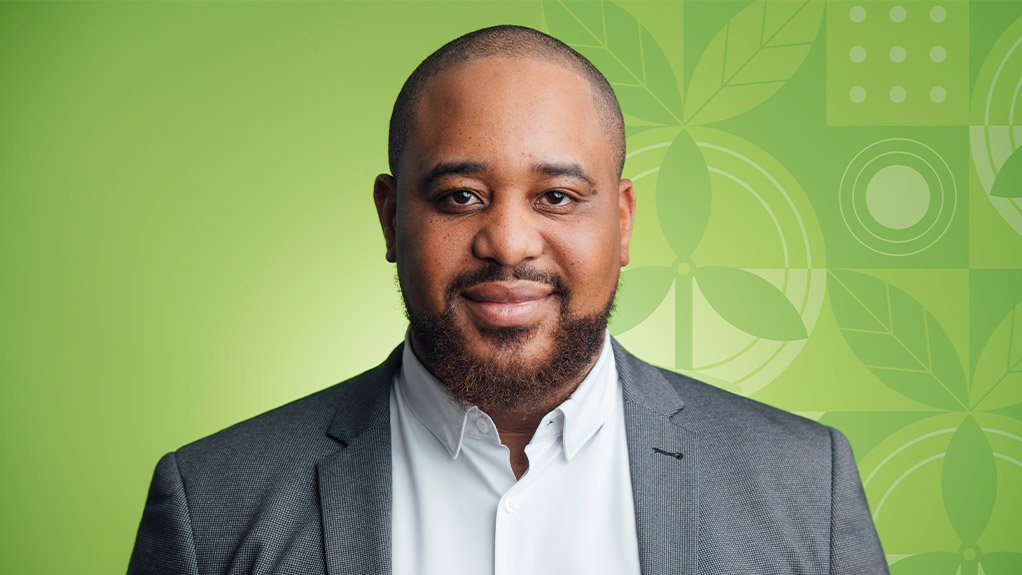
+27 11 262 0515
3 Centex Close, Brooklyn Place, Eastgate Kramerville, Sandton

Bid Window 7: Rebuilding confidence, powering inclusion


Ronald Chindeka, a Chartered Accountant, joined Pele Green Energy in 2020 and was appointed Head of Investment and Funding. He heads the Pele Energy Group team responsible for current and future investments into renewable energy projects.
South Africa’s Renewable Energy Independent Power Producer Procurement Programme (REIPPPP) has been a global benchmark for clean energy delivery.
As we step into the future, the stakes are higher than ever. This is not just about procuring additional megawatts—it is about restoring investor confidence, closing execution gaps and proving that inclusive energy development is possible, scalable and necessary.
At Pele Green Energy, a proudly South African Independent Power Producer (IPP), we believe that Bid Window (BW) 7 must mark a new era—one that realises the transformative intent.
The renewable energy industry has faced undeniable challenges. Delays in financial close, permitting bottlenecks and grid connection hurdles have disrupted timelines and sown frustration. As developers, lenders and operators, we know that energy infrastructure projects are inherently complex, requiring alignment among multiple stakeholders including Eskom, government entities, financiers, communities and local suppliers.
What is important is that we do not retreat into finger-pointing. Building infrastructure is hard work. What we need now is delivery confidence.
Projects should move seamlessly from preferred bidder status to construction and operation. The IPP Office, despite its constraints, continues to demonstrate leadership and commitment to process integrity. This builds trust and keeps local and international investors interested. But it is time to go further. We need greater alignment between IPPs, Eskom, local and national government departments to provide more transparency on timelines, improved alignment across permitting authorities and a concerted effort to de-risk grid access. This, in turn, must be met with the successful implementation of these projects to ensure the security of the country’s electricity supply.
Financing a Fair Energy Future
The competitiveness of REIPPP has pushed IPPs to think differently. Tariffs have dropped significantly, and Pele’s own bids reflect our confidence in delivering at low cost through financial and operational optimisation. But price alone cannot drive this transition. It must also be fair.
Capital deployment must support a Just Transition—through blended finance mechanisms, concessional funding and partnerships that enable meaningful ownership and participation by local players. Transformation is not just a policy box to tick. It is a competitive edge. Broad-based black economic empowerment, job creation, community ownership and youth inclusion are not just moral imperatives, they are risk mitigants, stability enhancers and sources of long-term value.
Grid Constraints Are Investment Constraints
One of the biggest risks to investor confidence today is grid availability. There is progress from Eskom and national government but the fact of the matter is the constraints are still there.
Grid infrastructure investment must be treated as part of the national energy investment strategy. Without clear visibility and faster resolution of constraints, we risk having bankable, competitive projects that simply cannot be built.
Localisation and Broad-Based Participation
BW7 also provides an opportunity to deepen localisation—but this must be done right. It must be investment-led, not compliance-driven. We are seeing exciting shifts: increased local content requirements have catalysed the growth of South African suppliers and spurred the emergence of new businesses. At Pele Green Energy, we have seen a significant expansion of opportunities for local contractors and manufacturers.
Equally exciting is the geographic shift we are seeing. Historically, renewable energy projects have been concentrated in the Cape regions. But we are proud to be among the first developers with projects in provinces like Limpopo, Mpumalanga and North-West—expanding the footprint of clean energy and its development impact. What matters most, however, is the long-term outcome. These projects must not just be points on a map. They must spark industries, create jobs and build the foundations of local economies. With our sister company Knowledge Pele, we work to ensure each project leaves a legacy— whether it is through skills development, education, agriculture or entrepreneurship.


